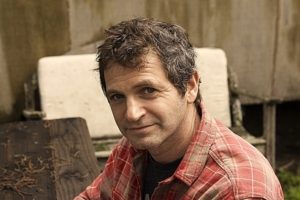“Other People’s Partings” by Peter Orner
Fiction faculty member Peter Orner was recently featured in The Paris Review. Read an excerpt of “Other People’s Partings” below:
Continue reading “Other People’s Partings” here: The Paris Review – Other People’s Partings – The Paris Review
Peter Orner on the Web:



